We live in an age of progressive moral degeneracy, political violence, an unsettling trend toward all forms of government tyranny, and, as I have argued elsewhere, the rise of a new fascism. How are we to make sense of it?
They teach you in scuba diving to watch your bubbles when disoriented. They always go up. Never down or sideways. Up. We need bubbles in times of moral disorientation. The Bible is our primary source for moral orientation. And, in years past, Hollywood occasionally produced a film that reinforced the biblical argument.
Abby Mann’s screenplay turned 1961 film Judgment at Nuremberg is just such a film. It gives off bubbles.
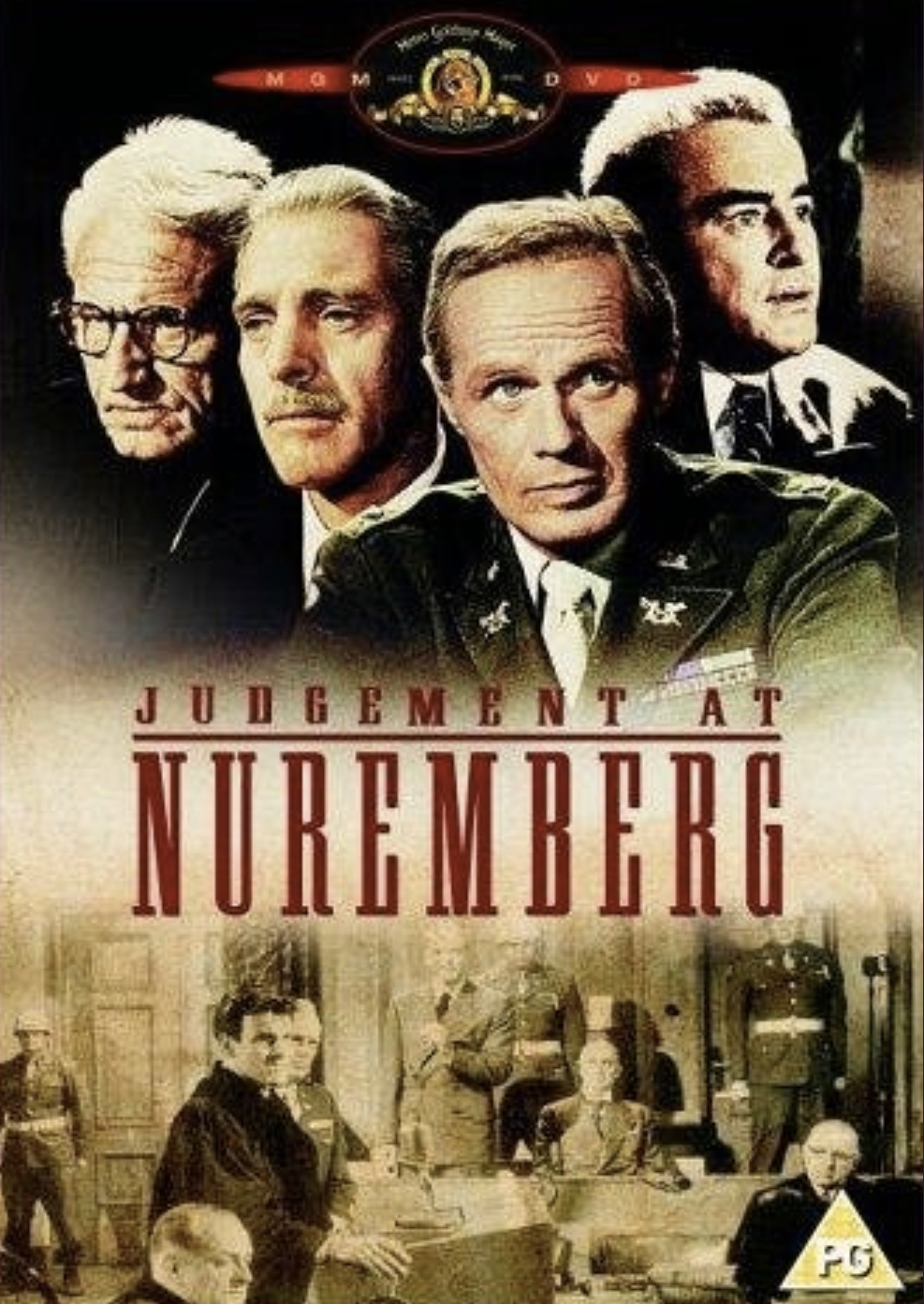
Nominated for eleven Academy Awards when that meant something, the film stars everyone who was anyone at the time: Spencer Tracy, Burt Lancaster, Marlene Dietrich, Richard Widmark, Judy Garland, Maximilian Schell, and Montgomery Clift. Even a young William Shatner appears.
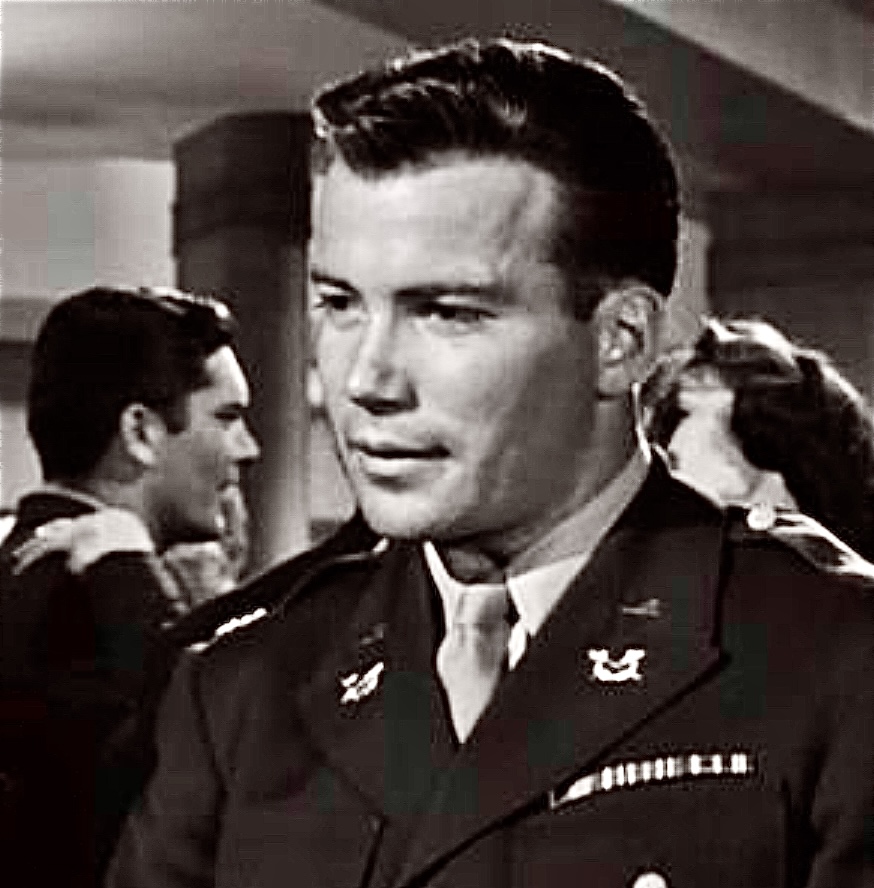
The film depicts the period near the end of the Nuremberg Trials. To the uninitiated, these were the trials of Nazi war criminals following WW II and took place between 1946-49. Nuremberg was selected as the site for these proceedings because, as the host city for the Nuremberg Rallies, it was the symbolic home of Nazism.
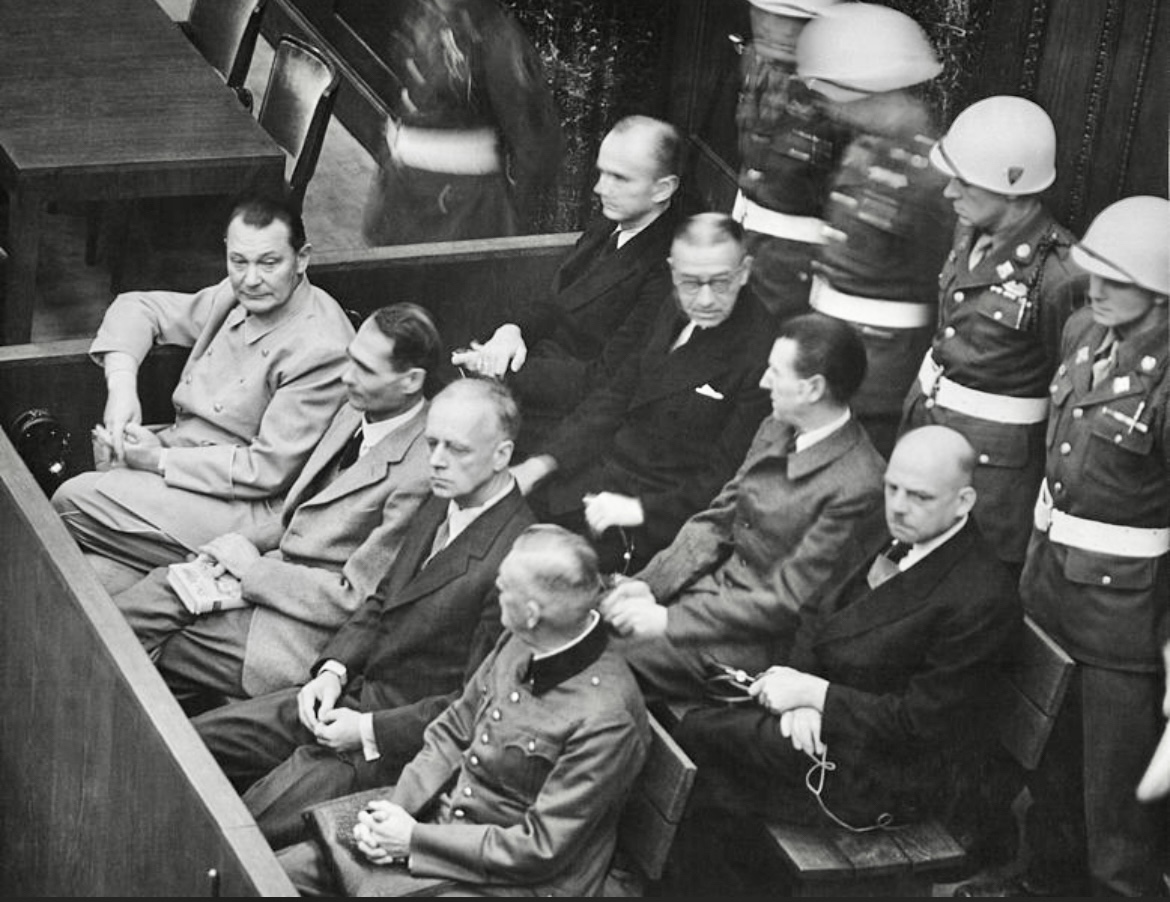
At the point in history covered by the film, the major war criminals—i.e., Goering, Speer, Hess, Doenitz, Ribbentrop, Keitel, etc.—have all been tried and sentenced. Now it’s down to judging lesser figures: local judges and magistrates. Enthusiasm for these trials has waned on all sides. Germans resent seeing their leaders tried by Americans, and Americans are no longer interested in trying them. Indeed, media has ceased to do more than occasional back page reporting.
This brings us to our hero.
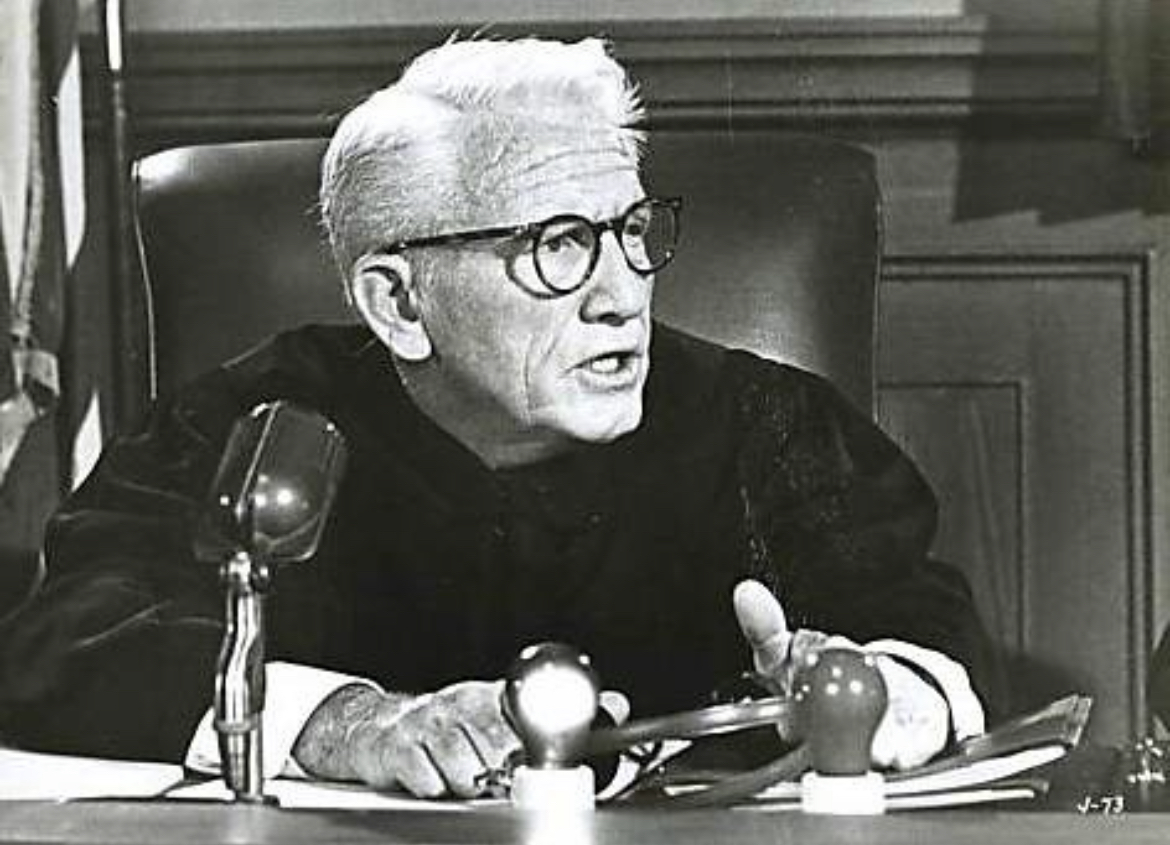
Spencer Tracy plays small-town Maine judge Dan Haywood. He has agreed to serve on the tribunal at the request of a U.S. senator who essentially admits he couldn’t get anyone else to do it. Haywood does it because he wants to understand how the Holocaust happened. How could a nation of such high culture as Germany descend so rapidly into lawlessness, cruelty, brutality, and genocide? He wants to know if man is basically good as he’s always believed, or is he evil?
Three things complicate the trial for Judge Haywood:
- Moral ambiguity. It will be American judges trying German judges, one of whom is a keen legal mind whose writings Haywood has greatly admired: Ernst Janning, played by Burt Lancaster.
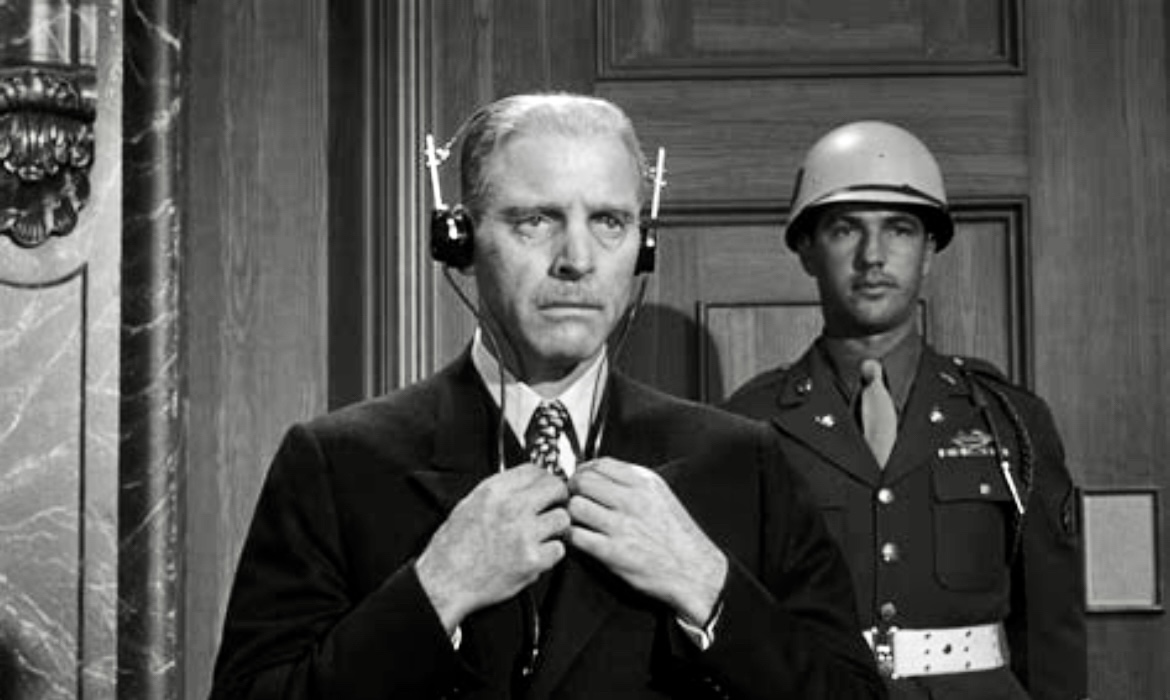
- Politics. It’s 1948. In a bid to gain complete control of Berlin, the Soviets have blockaded the city. In response, the United States has launched the “Berlin Airlift,” a massive effort to feed and supply the city by air. Europe is on the brink of World War III. America needs the support of the German people, and Haywood is under great pressure to finish the trial quickly and render a light verdict.

- Romance. The Germans are living under martial law, and Judge Haywood has been assigned Madame Bertholt’s (played by Marlene Dietrich) palatial home for the duration of his duties in Nuremberg. Since her husband, a Nazi general, had been convicted of war crimes in the early phase of the Nuremberg Trials and hanged, the U.S. Army has taken possession of her home, car, and servants and repurposed them.
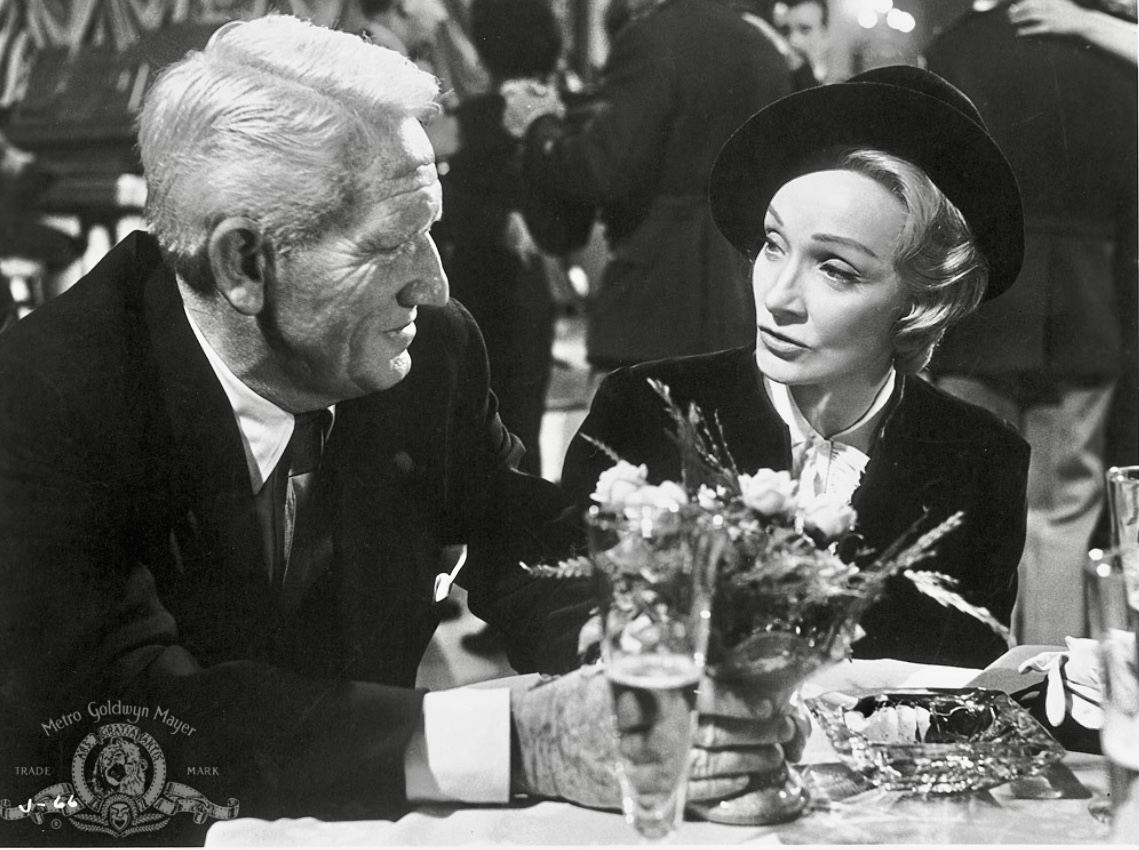
Upon meeting Madame Bertholt, Haywood, who is quite taken with her, is embarrassed by the situation. Soon, a romance blossoms between them. Embittered (and widowed) by the Trials, she wants to discuss them with Haywood, to convince him that Germans are good people and the Trials unfair. For his own part, Haywood, a widower, struggles to keep business and pleasure separate and just enjoy Madame Bertholt’s charming company.
The film explores much more than the Holocaust. It is asking a fundamental question: Are right and wrong subject to the cultural zeitgeist, or are they absolute, fixed across time and cultures?
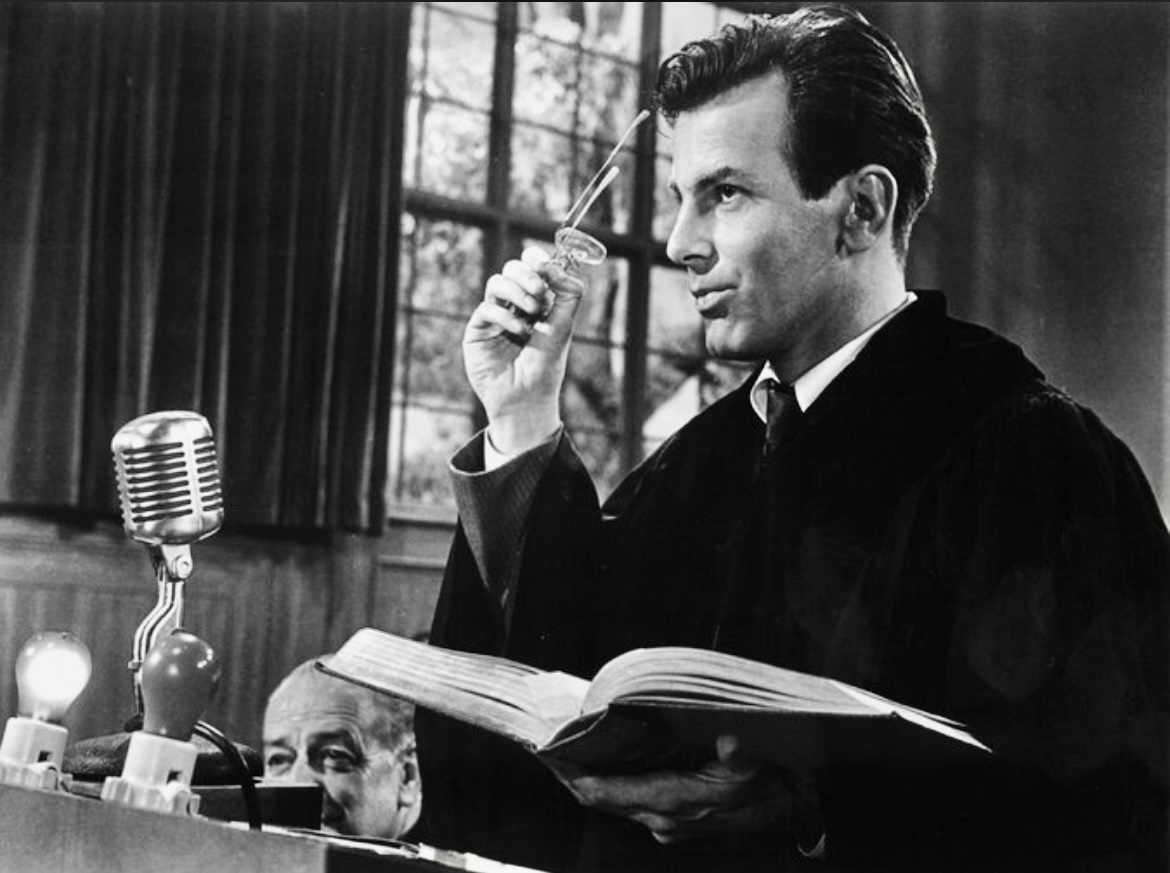
The trial pits handsome defense attorney Hans Rolfe (played by Maximilian Schell who won an Oscar for his performance), a brilliant rising star in post-war Germany, against US prosecutor Colonel Tad Lawson (Richard Widmark), a Harvard Law grad and veteran of the war who was present at the liberation of Buchenwald Concentration Camp.
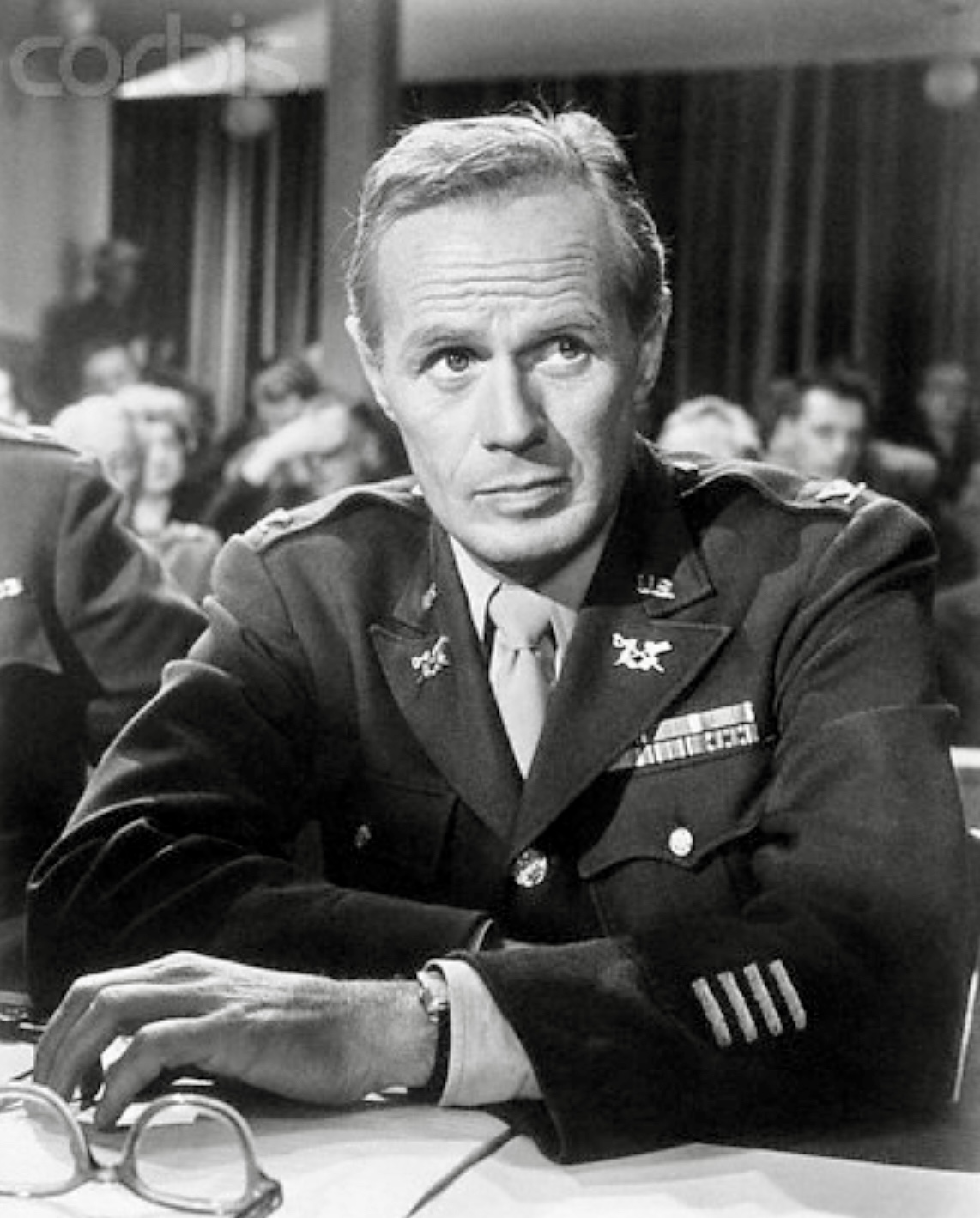
Rolfe’s strategy is to obfuscate the issues and generalize the evil to all countries. Doesn’t everybody do bad things in war? Germany, fighting for her life as a nation, had to adopt drastic measures, argues Rolfe. How can you judge us?
Rolfe is a devious and talented orator. He slowly takes what is obviously sheer evil and obscures it with a steady barrage of morally relativistic rhetoric.
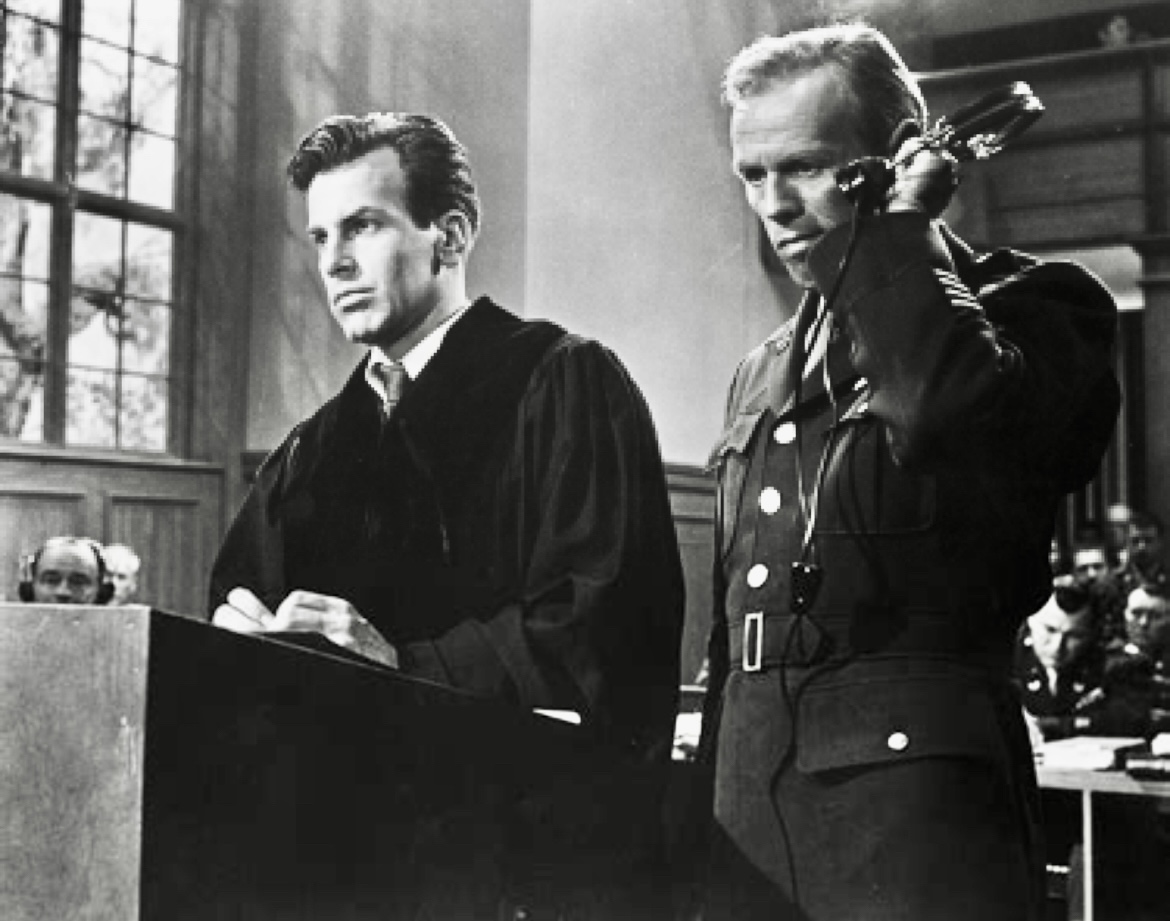
Lawson’s strategy is simple and brutal. He ignores Rolfe’s clever arguments because he intends to smash them by showing films from the liberated concentration camps. The shocking images of piled bodies, ovens, gas chambers, and emaciated figures will, he reasons, demolish whatever gains Rolfe has made.
Lawson’s trump card is Irene Hoffman (superbly played by Judy Garland), a Jewish woman who was a girl during the Nazis’ rise to power. Trying to pick up the pieces of her life and move on, she doesn’t want to testify. To do so is to relive the horrors. But can she do otherwise?
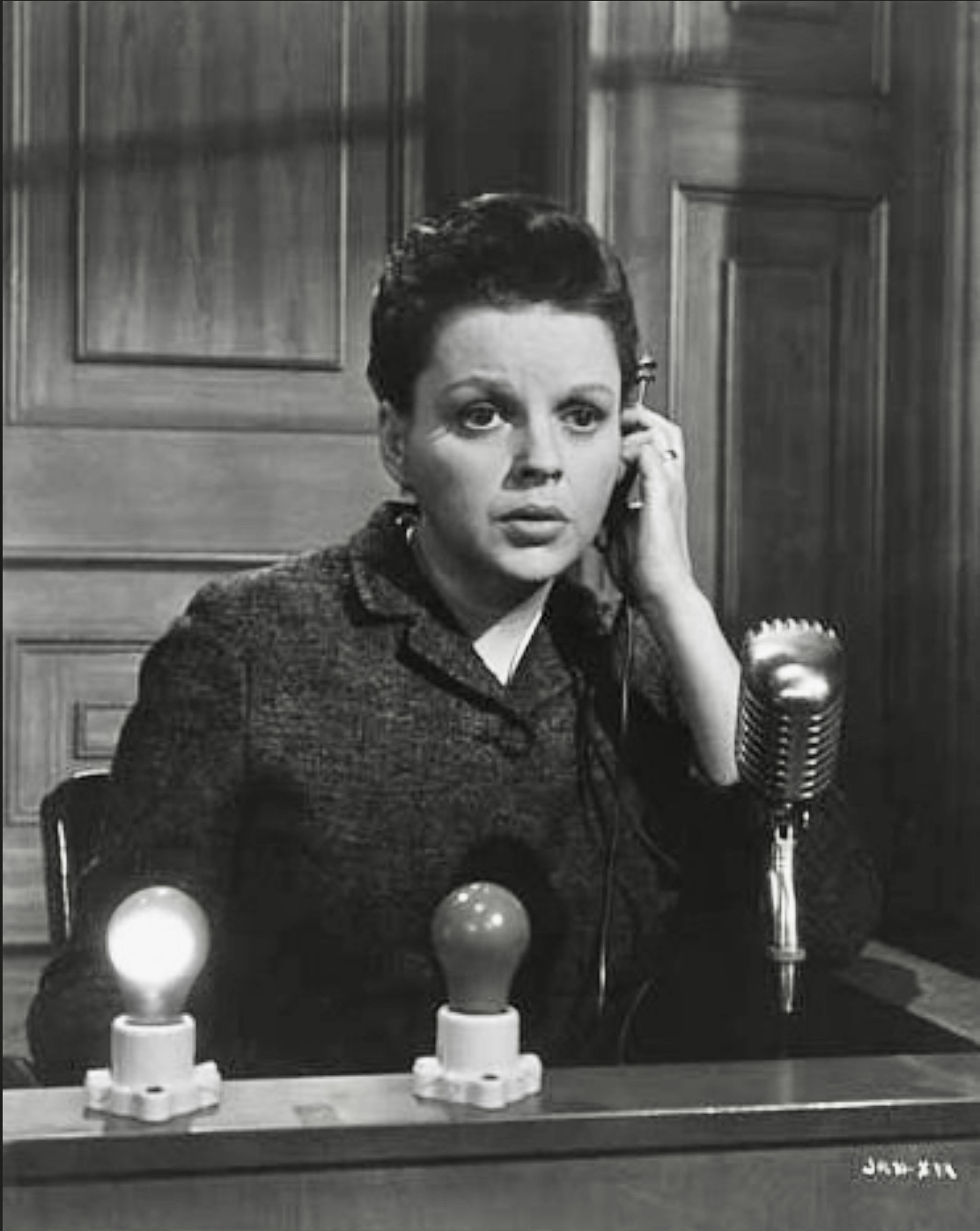
Another is Rudolph Peterson (played by Montgomery Clift who thought the film so important he appeared in it for free), a man who was sterilized by the very judges on trial because he is Jewish.
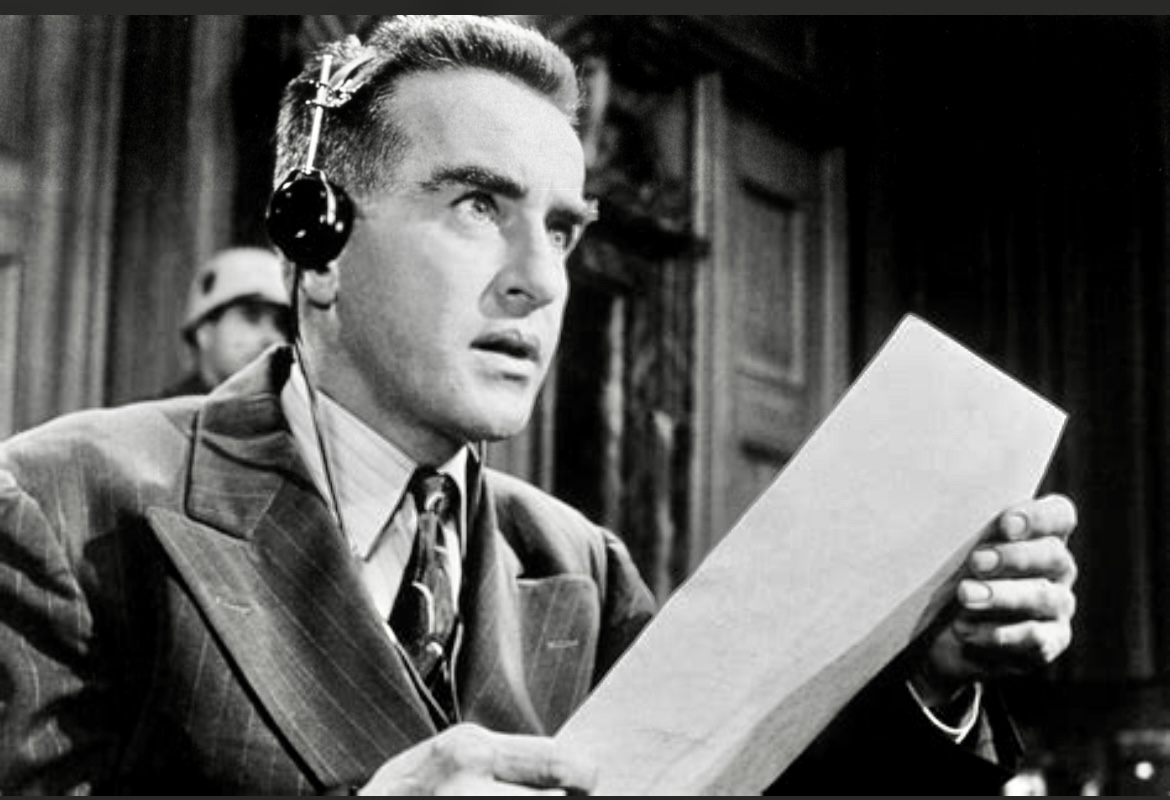
This sets up dramatic testimonies by Hoffman and Peterson. But the most dramatic is one that is unexpected. A powerfully written monologue, it is the point in the story upon which everything turns. But in which direction?
At this crucial moment in the trial, Haywood senses Colonel Lawson is losing his moral courage as his commanding officer pressures him to go soft on the Germans in the dock. After all, they didn’t personally kill anyone. And weren’t they just following the laws of that time?
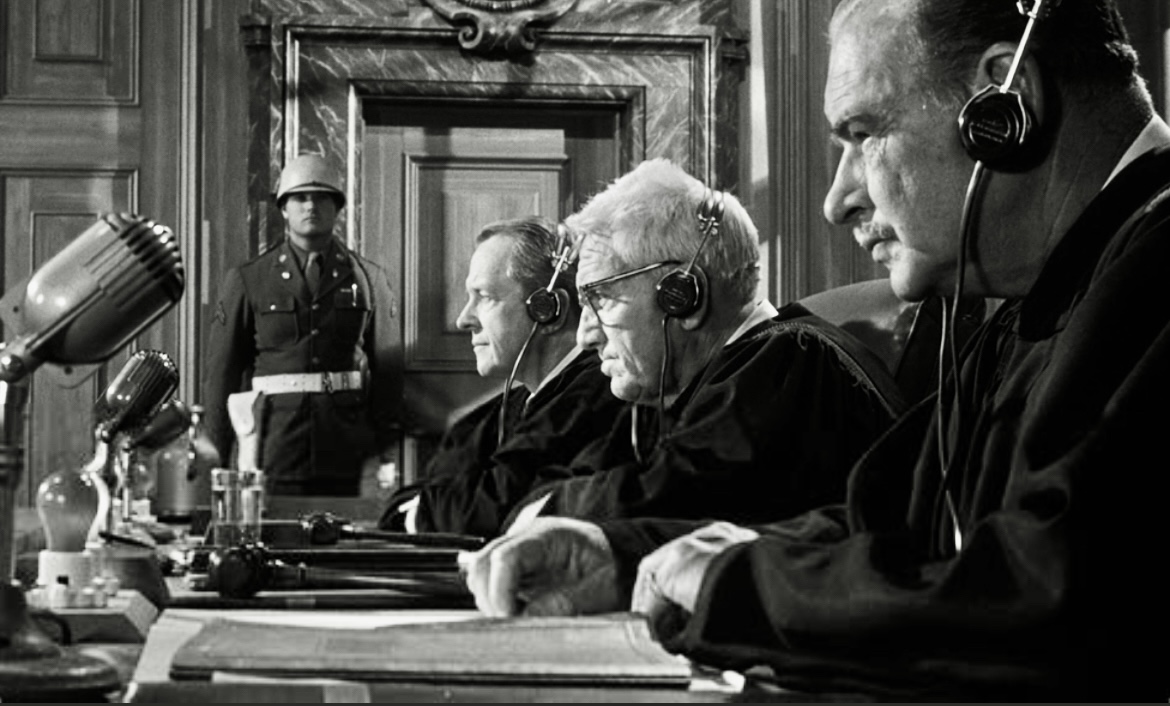
With all the external pressures, Haywood realizes that what happened in Germany between 1933-45 is happening all over again: truth and morality are being relativized and made subservient to what is politically expedient.
Will Judge Haywood hold the line, go against the prevailing social and political winds, or will he buckle under the pressure from the government in the person of the U.S. senator who appointed him; his staff (Shatner’s character is dating a German woman and they want him to forget the past and let Germany move forward); his fellow judges who are more interested in fine dining and touring the German countryside; and the seductive charms of Madame Bertholt, a woman whose self-evident culture and aristocratic air slightly intimidate the “backwoods” Maine judge who so clearly hopes they can bridge their political differences and their mutual loneliness.
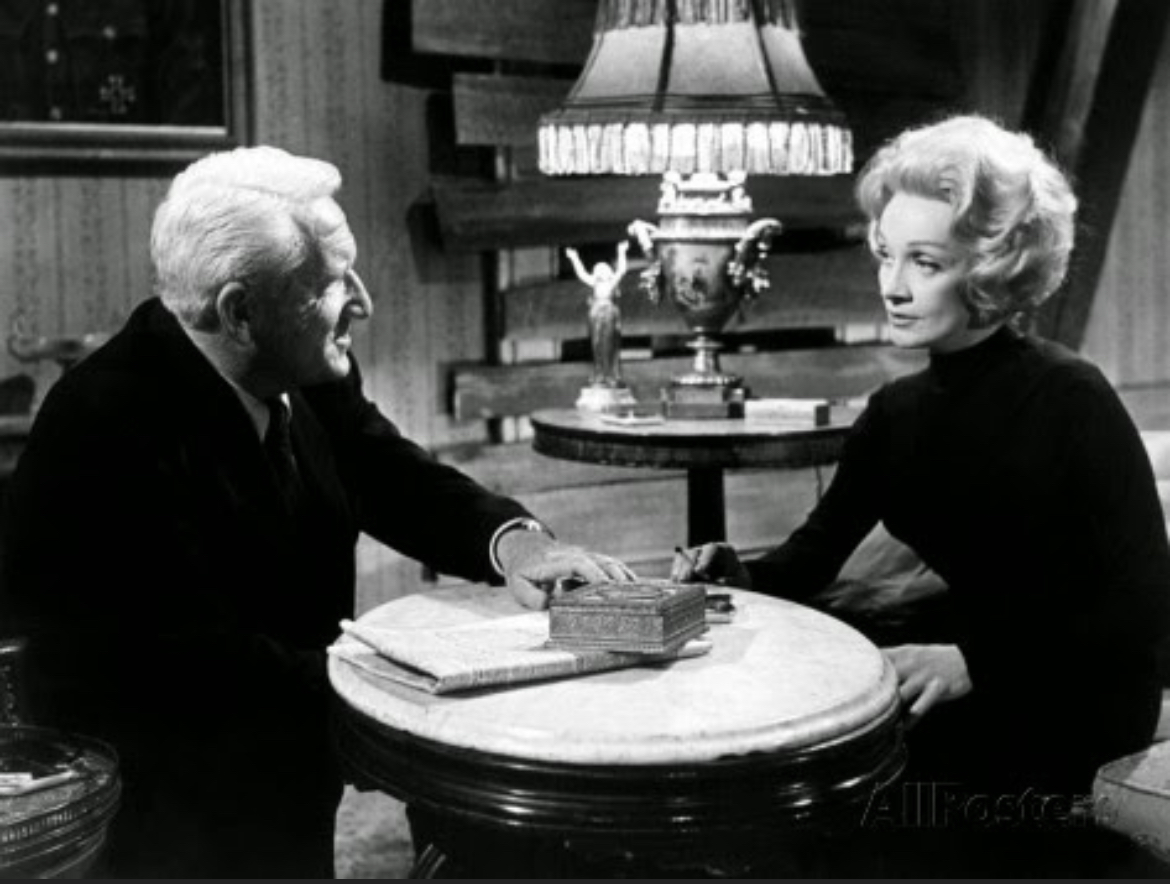
The film is genius, cerebral. You must pay attention, or you’ll miss the message.
I said at the outset that we live in an age of progressive moral degeneracy tilting toward tyranny. There is a war on decency, freedom, and children. A central point of the film is the evil of sterilization, a punitive measure the Nazis used against political enemies. We are way past that with a government that encourages irreversible sex change surgeries on adolescents, mutilating them to appease a warped political agenda.

How does a nation come to a place where such things are normalized? Where political opponents are dehumanized and brutalized while the government turns a blind eye to the evil or gives sanction to it?

We. Are. There.
I have been in Courtroom 600 in Nuremberg where the Trials were held. Twice. It is still a functioning courtroom. There are no plaques, no tours, nothing to signal you of its historical importance. It’s a pity. I wager most who appear there daily haven’t a clue. History is repeating itself.
I urge you to watch this film.
WAIT! Do you appreciate the content of this website? We are a nonprofit. That means that our work is made possible and our staff is paid by your contributions. We ask you to consider supporting this important work in an ongoing basis or, if you prefer, perhaps you will drop a few buck in our “tip jar.” All contributions are tax-deductible.


